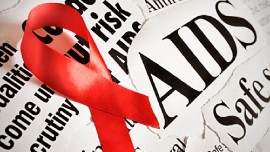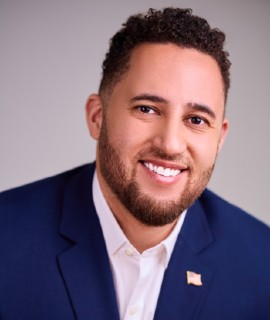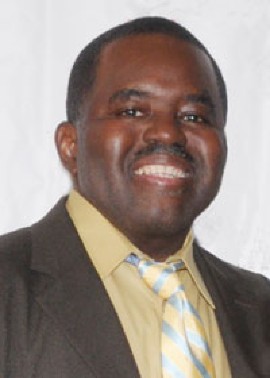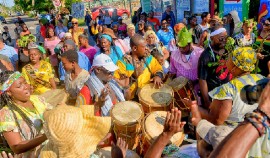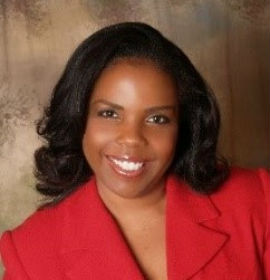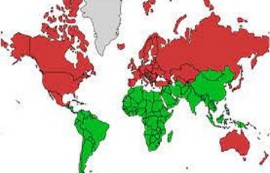KINGSTON, Jamaica – Since HIV was discovered and the first cases of AIDS were reported in 1981, there have been ongoing discussions about the criminalization of HIV transmission, exposure and non-disclosure and vulnerable populations most affected by HIV.
All Stories
The official coronation of Charles III on May 6, 2023 as King of the United Kingdom and the other Commonwealth realms is being celebrated across Britain with public events, street parties, and special functions. The crowning event, attended by other Royals, celebrities, friends, and heads of state, marked Charles’ formal ascendancy to the thrown replacing Queen Elizabeth II after her death on September 8, 2022.
It looks like a re-match with President Biden against President Trump, and the two old men look tired in their corner, but they are ready for the fight. Biden will be 82 and Trump will be 78, whoever wins the campaign in 2024. They both will be the oldest presidents in the history of the country and they both may need a wheelchair or walker to finish their term.
There are moments when we know, suddenly and with total clarity, that we have just experienced a seminal moment in history. Sometimes those events are tragic. And sometimes, as in the last two weeks, they are beautiful and inspiring and renew our faith in humanity.
Historically Black Colleges and Universities (HBCU) play an essential role in the education of Black students in America. HBCU opens the path to higher education for Black students who did not have an opportunity, because Blacks were barred from a higher education.
As tourism stakeholders increasingly recognize the need to promote authentic cultural offerings, I cannot help but recall the masterpiece entitled “Culture” by the distinguished Barbadian calypsonian and cultural ambassador Mighty Gabby.
Why would anyone in their right mind give up power, wealth, authority, influence over others, to relinquish a throne or high office?.So many men give up their manhood and end up weak minions to those who they relinquished it to.
St. Kitts’ latest campaign invites travelers “to explore, to learn, and immerse themselves fully in a new experience,” encouraging them to “peel back” the layers and discover something new. In other words: “Venture Deeper”.
PORT AU PRINCE, Haiti – A new report from the United Nations Office for the Coordination of Humanitarian Affairs (OCHA), says Haiti’s population is being held hostage to brutality and gang violence.
The Caribbean Hotel and Tourism Association’s (CHTA) 41st Caribbean Travel Marketplace is set to take place in Barbados over the next few days, and as someone who is deeply invested in the Caribbean tourism sector, I couldn’t be more excited to be “back home” for this event.
“Do something” was the plea from Dr. Jason Smith whose medical team treated eight injured in the first of two mass shootings in Louisville, Kentucky in one week. The surgeon’s remarks about an April 10 incident which also left five dead were directed at policy makers on the local, state and national levels.
ST. JOHN’S, Antigua – I was astonished recently to be told by one of the representatives of the Caribbean on the Board of the World Bank (WB) that Antigua and Barbuda, The Bahamas, Barbados, St Kitts-Nevis and Trinidad and Tobago, should not expect any change in the bank’s policy not to make concessional loans to them because, supposedly, they are ‘high income’ countries.


